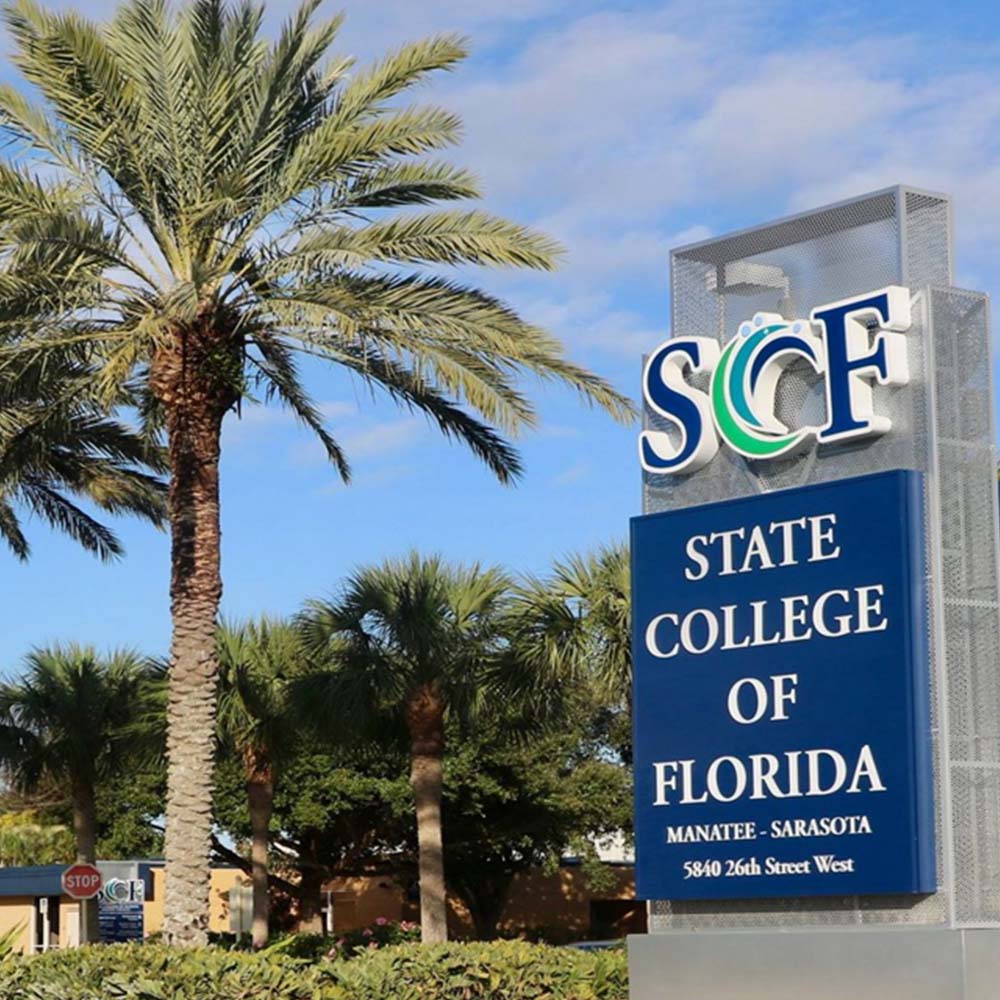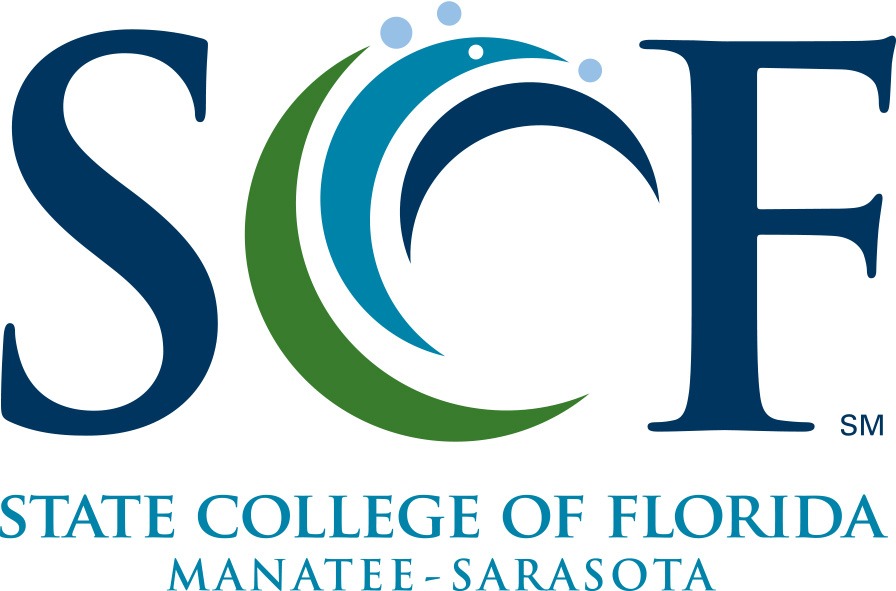Career and Technical Education (CTE)

SCF’s Career and Technical Education (CTE) are a vital part of SCF’s mission to meet community workforce needs. CTE programs are designed to prepare students for employment in rapidly changing business and industrial environments.
In today’s competitive job market, employers increasingly seek entry-level candidates who are ready to make an immediate impact. This is where (CTE) plays a pivotal role. CTE encompasses a wide range of educational approaches that blend academic and technical expertise with the essential skills and training required to thrive in today’s workforce. It equips students with the practical competencies needed in real-world employment settings, effectively preparing them for professional life.
Modern CTE programs span a diverse array of industries that encompasses a wide spectrum of disciplines, including health sciences, engineering, entrepreneurship, computer science and many other areas.
Arts, Humanities, Communication and Design
A.S. Degrees:
Certificates:
- Digital Publishing
- Film Production Fundamentals
- Graphic and Web Design
- Graphic Design Support
- Live Event Media Production
Business
A.S. Degrees
- Business Administration, Management
- Business Administration, Accounting/Budgeting Operations Management
- Business Administration, Marketing
- Business Administration and Management (Articulated to B.S. Degree)
- Entrepreneurship
- Hospitality and Tourism
B.A.S. Degrees:
- Supervision and Management (Supervision and Management Specialization)
- Supervision and Management (International Business and Trade Specialization)
Certificates:
- Accounting Applications
- Business Management
- Business Operations
- Business Specialist
- Entrepreneurship
- Marketing
- Real Estate Paraprofessional
Education
A.S. Degree:
B.S. Degrees:
Certificates:
- Child Care Center Management Specialization
- Early Childhood Education and Early Intervention
- Preschool Teacher Specialization
Advanced Technical Certificate:
Nursing and Health Professions
A.S. Degree:
- Dental Hygiene
- Health Services Management
- Nursing (Articulated to B.S. Degree)
- Nursing Transition Program (Articulated to B.S. Degree)
- Occupational Therapy Assistant
- Physical Therapist Assistant
- Radiography
- Radiography, ARRT Articulated
B.A.S. Degree:
B.S. Degrees:
Certificates:
Advanced Technical Certificate:
Industry, Manufacturing and Construction
A.S. Degree:
Certificates:
- Advanced Lean Manufacturing
- Alternative Energy System Specialist
- Automation
- Engineering Technology Support Specialist
Public Safety
A.S. Degree:
B.S. Degrees:
Certificates:
Science, Technology, Engineering and Mathematics (STEM)
A.S. Degree:
- Biotechnology
- Computer Information Technology
- Computer Programming and Analysis
- Network Systems Technology
- Technology Project Management
B.A.S. Degree:
Certificates:
- Biotechnology Specialist
- Computer Programmer
- Computer Programming Specialist
- Cybersecurity Analyst
- Information Technology Analysis
- Network Infrastructure
- Network Support Technician
- Network Security
- Network Server Administration
Social and Behavioral Sciences and Human Services
A.S. Degree:
Advanced Technical Certificate:
Certificate



